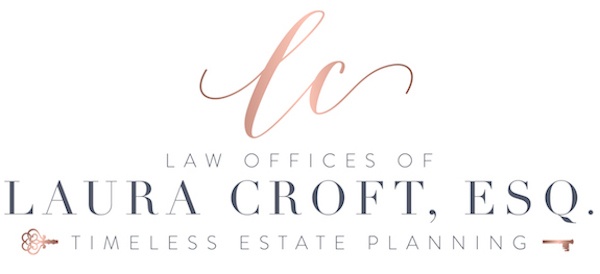Estate planning is often considered something you only need to worry about once you get married. But the reality is every adult, regardless of age, income level, or marital status, needs to have some fundamental planning strategies in place if you want to keep the people you love out of court and out of conflict.
In fact, estate planning can be even more critical for unmarried couples. Regardless if you’ve been together for decades and act just like a married couple, you likely aren’t viewed as one in the eyes of the law. And in the event one of you becomes incapacitated or when one of you dies, not having any planning in place can have disastrous consequences.
If you’re in a committed relationship and have yet to get—or even have no plans to get—married, the following estate planning documents are an absolute must:
1. Wills and trusts
If you’re unmarried and die without planning, the assets you leave behind will be distributed according to your state’s intestate laws to your family members: parents, siblings, and possibly even other, more distant relatives if you have no living parents or siblings. The state’s laws would provide NO protection for your unmarried partner. Given this, if you want your partner to receive any of your assets upon your death, you need to—at the very least—create a will.
A will details how you want your assets distributed after you die, and you can name your unmarried partner, or even a friend, to inherit some or all of your assets. However, certain assets like life insurance, pensions, and 401(k)s, are not transferred through a will. Instead, those assets will go to the person named in the beneficiary designation, so be sure to name your partner as beneficiary if you’d like him or her to inherit those assets.
However, there could be an even better way.
Although wills and beneficiary designations offer one way for your unmarried partner to inherit your assets, they’re not always the best option. First and foremost, they do not operate in the event of your incapacity, which could occur before your death. In that case, your partner may not have access to needed assets to pay bills, or he or she could potentially even be kicked out of your home by a family member appointed as your guardian during your incapacity.
Moreover, a will requires probate, a court process that can take quite some time to navigate. And finally, assets passed by beneficiary designation go outright to your partner, with no protection from creditors or lawsuits. To protect those assets for your partner, you’ll need a different planning strategy.
A far better option would be to place the assets you want your partner to inherit in a living trust. First off, trusts can be used to transfer assets in the event of your incapacity, not just upon your death. Trusts also do not have to go through probate, saving your partner precious time and money.
What’s more, leaving your assets in a continued trust that your partner could control would ensure the assets are protected from creditors, future relationships, and/or unexpected lawsuits.
Consult with us for help deciding which option—a will or trust—is best suited for passing on your assets.
2. Durable power of attorney
When it comes to estate planning, most people focus only on what happens when they die. However, it’s just as important—if not even more so—to plan for your potential incapacity due to an accident or illness.
If you become incapacitated and haven’t legally named someone to handle your finances while you’re unable to do so, the court will pick someone for you. And this person could be a family member, who doesn’t care for or want to support your partner, or it could be a professional guardian who will charge hefty fees, possibly draining your estate.
Since it’s unlikely that your unmarried partner will be the court’s first choice, if you want your partner (or even a friend) to manage your finances in the event you become incapacitated, you would grant your partner (or friend) a durable power of attorney.
Durable power of attorney is an estate planning tool that will give your partner immediate authority to manage your financial matters in the event of your incapacity. He or she will have a broad range of powers to handle things like paying your bills and taxes, running your business, collecting government benefits, selling your home, as well as managing your banking and investment accounts.
Granting a durable power of attorney to your partner is especially important if you live together, because without it, the person who is named by the court could legally force your partner out with little to no notice, leaving your partner homeless.
We can guide you to make informed, educated, and empowered choices to protect yourself and the ones you love most.
Proper estate planning can keep your family out of conflict, out of court, and out of the public eye. If you’re ready to create a comprehensive estate plan, contact us to schedule your Family Wealth Planning Session. Even if you already have a plan in place, we will review it and help you bring it up to date to avoid heartache for your family. Schedule online today.
